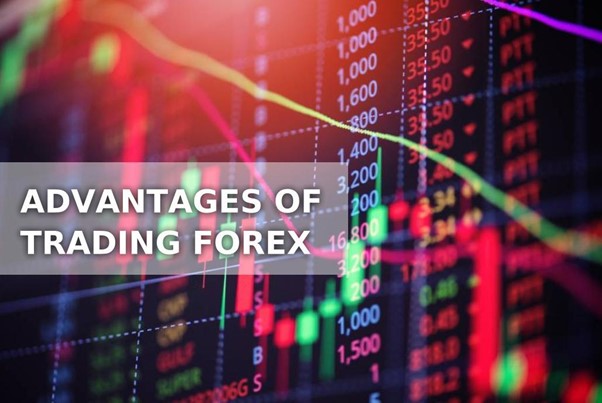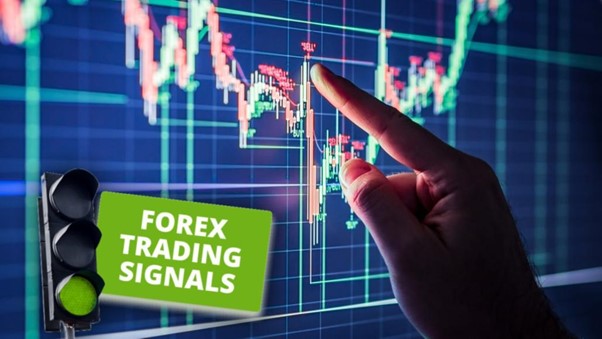Any form trust of speculative trading has its fair share of risks involved. Like all other investments, trading forex does not guarantee profits or offer reduced risks. However forex trading does present quite a few advantages especially with our trading signals at Forex Signals Lab which it’s easier to take over futures or stock market speculation. As a financial market that was conceived by the emergence of the internet, forex trading inherently offers unrivaled access, flexibility and dynamism to investors for becoming successful traders.
Low Barrier To Entry
Forex has over its existence become one of the most popular forms of trading thanks to its extremely low barrier to entry. Armed with reasonably small capital, access to the internet, willingness to learn and the hunger to succeed, an average person can become a successful trader in a considerably short period of time.
Information on the basic terminology, mathematical understanding and techniques of fundamental, technical and sentimental analyses a novice or a hobby trader might need to start trading is readily available on the internet. Resources explaining the intricate details of technical analysis ranging from the basics to research papers are within an arms reach for any and all prospective investors. On top of that, all any John Doe needs to start trading is a personal computer or even just a smartphone, an account with an online broker and time.
Another aspect of the low barrier to entry is the capital required to start. Although a significantly smaller initial capital may yield seemingly smaller returns, a trader who does not want to risk his money before gaining ample knowledge to understand the market forces can easily use a demo account to enter demo positions in the market. This effectively enables a trader to make mistakes without risking real money, all the while learning the various tools of the trade to improve their skills.
Leverage
Although leverage in forex trading can be grouped with one of the many factors contributing to the low barrier to entry to the global foreign exchange market, its significance to traders warrants its own discussion as you start trading the forex markets.
Leverage in its definition refers to the ability to do more work with a smaller force. In forex trading this translates to a trader being able to trade larger volumes than his investment. Leverage, also referred to as margin by many, in forex trading is considerably higher in almost all cases compared to other markets. For example, a leverage of 1:100 or a margin of 1% is commonly offered by many brokers. This implies that a trader can trade a currency pair in volumes that is worth 100 times higher than his own investment. In futures and stock market, leverage is typically far lower, as low as 1:2. A leverage of 1:100 means a profitable trade will reward the investor with a sum that is 100 times larger than what just the amount he or she has invested in that trade would. It is worth noting that Leverage also means, losses are amplified in a similar manner. Which brings us to the next point of discussion.
Greater Degree of Risk Management
There are many tools available to a trader to manage and limit risks. It is vital that an trader understands the core risk management concepts in order to limit risk and improve profitability scope. One set of such tools include the ability to specify stop losses and take profits. An investor opening a position, regardless of the exposure of the trade itself, has the ability to specify the amount of loss that trade is allowed to incur before the trade is closed, essentially limiting the loss on that trade. The ideal percentage figure for stop loss is up to the trader to decide, but more importantly it allows traders to limit exposure as early as right the moment they enter a position, without the need to monitor the market continuously.
Similarly, traders can also set a predetermined profit figure for a trade. This is referred to as ‘take profit’. A take profit figure implies the trade will wait till that specified profit is achieved before exiting the position, or losses deplete the traders funds unless a stop loss has also been set.
Along with the factors mentioned above, traders also have stop order and limit order at their disposal. These are used to enter a new position or exit an existing position depending on predetermined price points for a given currency pair. Limiting risk is one of the key aspects of successfully trading any instrument and due to the nature of the foreign exchange market, it is far easier to manage risk effectively compared to stocks, commodities or futures.
Conclusion
There are countless other advantages to trading forex such as the high liquidity of the market, high volatility, operating hours, etc. it is abundantly evident that forex has its unique set of benefits, all of which has allowed the global foreign exchange market to reach a daily turnover of over 6 trillion dollars in 2020 from 4 trillion in 2010.tr












